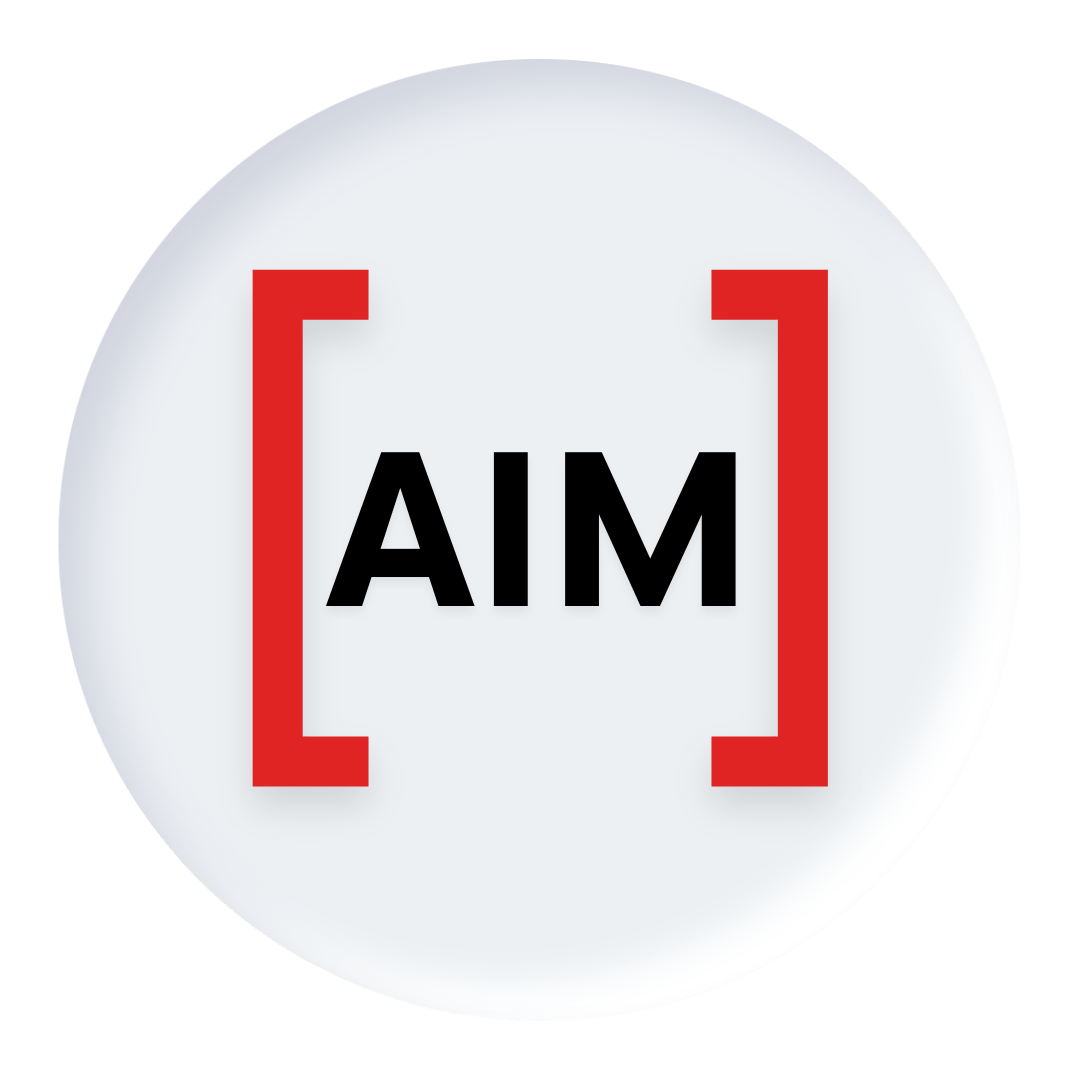
For CPG brands, especially in the Natural Foods sector, establishing a flexible and efficient omnichannel presence within independent retail is key to scaling up strategically. From evaluating partner models to crafting retailer relationships, here’s a blueprint to make it happen.
1. Start with a Clear Assessment of Partner Models
When building out wholesale options, the first step is to thoroughly evaluate the business models of each potential partner. This means understanding their logistical capabilities and constraints. For example, if you’re working with a perishable product, drop-shipping might be unrealistic. Instead, you’ll need a last-mile solution capable of managing perishables. If you’ve already tackled this for DTC, you might be able to leverage the same partner with just a few tweaks.
If you’ve opened up distribution channels with larger chains, like Whole Foods or Sprouts, and set up with a distributor like UNFI or KeHE, you’re in a good position. You’re already listed in their catalog and accessible to hundreds of retailers in that region. While this can simplify things, there are still important considerations. Distribution through a big wholesaler may affect cash flow and reduce your margin on sales. So, assess whether it’s beneficial to funnel orders through them or if it’s more advantageous to drive volume in other ways—such as managing freight costs or hitting volume thresholds that could be critical for growth.
One caution: Don’t rely on major distributors to sell exclusively to independent retailers unless a chain retailer account serves as an anchor. Large distributors are structured around the volume they push to chain retailers, with most distribution centers expecting 80% of that volume to be chain-driven. Without that alignment, working with them could become unnecessarily difficult.
2. Maintain Control Over Order Routing
As your brand scales, having options for order routing becomes invaluable. By making your products available through various wholesale avenues, you can direct orders based on what makes the most sense for your cash flow, inventory, and goals. The industry is more open than ever to this level of flexibility, and with control over distribution, you’re able to adapt as your strategy evolves.
3. Get on Independent Retailers’ Radar
Once you’re strategically available to as many independent retailers as possible, the next step is to engage them directly. A quick call, product samples, and an introductory deal often go a long way. Most independent stores respond well to a little outreach, especially if the product aligns with their customer base. And while your product’s quality is paramount, building that initial awareness is critical for turning these leads into solid, long-term partners.
In Summary
Establishing an omnichannel presence for independent retail means having the right partnerships, distribution strategy, and retailer outreach in place. With a flexible setup that allows you to route orders intelligently and build relationships with independent retailers, your brand can scale while staying true to its business goals. It’s all about giving yourself the options to grow in a way that makes sense for your brand, your margins, and your future.

At Affordable Immediate Marketing (AIM), our strength lies in our dynamic leadership team, whose diverse expertise drives our innovative approach to digital marketing. Co-founder Odessa Wauneka, a Navajo Native American, brings over seven years of experience in digital marketing and creative content creation. Specializing in videography and photography, Odessa has successfully collaborated across various sectors, including non-profit organizations, education, healthcare, live events, e-commerce, and local public relations. Her unique perspective and creative vision have been instrumental in crafting compelling narratives that resonate with diverse audiences.
Complementing Odessa's creative prowess is co-founder Alexander Ayala, a seasoned corporate executive with a specialization in the consumer packaged goods (CPG) industry. Alexander's extensive experience encompasses nationwide distribution, digital and trade marketing, sales, and brokerage management within the Natural Foods sector. His strategic leadership has led to the successful establishment of teams in major cities such as Seattle, Portland, Denver, Los Angeles, and Phoenix. Holding over 20 digital media certifications, Alexander is a strong advocate for software and business automation, driving efficiency across all operational facets.
Together, Odessa and Alexander have built AIM into a comprehensive digital marketing agency that offers tailored solutions. Their combined expertise ensures that clients receive innovative strategies and tools designed to enhance online presence and foster business growth in today's competitive digital landscape.
Discover more about our services and how our dedicated team can assist in achieving your marketing goals by visiting our website at www.dontforgetvideo.com
Source for Free info and Resources from a Career Professional
Quick links
Follow us
Newsletter
Subscribe now - Free info and resources.
Created with © systeme.io
